Never gather data for your nextBoard meeting
Accurate, real-time metrics plus AI-assisted forecasting in customizable dashboards. Know where you've been and explore scenarios for where you're going.
Total ARR - Last 12 Months
Total annual recurring revenue (ARR) last 12 months vs total ARR last year
Trusted by ambitious SaaS companies
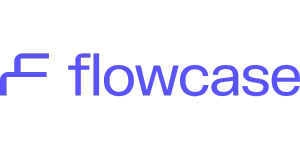





Your strategic AI analyst
Ask complex questions like "What's our Rule of 40 performance, and how has it developed over the last 12 months?" or "Can we forecast next quarter with 85%+ confidence?" Get instant answers with custom charts, set up smart alerts, and get strategic recommendations for what to do next.
Ask anything, get instant and relevant answers
Don't ask your CFO to gather data and prepare material. We provide the data you need, with supportive graphs and charts.
Never miss what matters
Leverage our pre-set alerts, and ask your Padeia AI to set up custom alerts for your specific business focus.
See the impact of potential decisions
Play with financial scenarios and get strategic recommendations based on your performance trends and our market benchmarks.
Don’t hack together a custom system that breaks every time you grow.
We are adding integrations at a high pace. We have the ones listed either integrated or on our roadmap - if you are missing something, let us know. We will prioritize our customers' systems.
Connect your stack
Connect your accounting, CRM, analytics, and payment providers in minutes with OAuth. No developers needed. Want to move to another Accounting system? No problem. Your data stays with us, so that you can switch between systems seemlessly.
We handle the setup
Having made Padeia for B2B SaaS companies, our solution works out of the box for you. Just book an onboarding session with our team and we'll handle it all: We'll deduplicate customers, categorize products, and validate data. Lean back and watch your excel KPI spreadsheet be replaced.
Real-time sync from day one
Once verified, your data stays current and cleaned automatically. And if there are any data quality issues? We catch them and notify you if we need your eyes on it.
Accounting and payment
CRM and marketing
Analytics
Outstanding data quality
We clean, unify and enrich your data directly from the source, so that you can work with numbers and insight that is actually accurate and up to date.
The insight a fast scaling company needs
No more digging through CRMs, accounting systems, and HR tools. AI-powered cleaning, with a novel human interface for oversight, corrections and additions. Fix the outliners once, with full transparency and traceability on all changes.
Measure and track progress automatically
We monitor your financial forecasts for you, and we notify you of diverging trends or abnormalities – in real time.
Make AI queries and activate agents
Ask your data anything and design and activate agents in seconds, without adding a new system or software.
Share with care
Stop gathering data for board meetings, investor updates and due diligence. Just choose who sees what, when.
Built by founders
who've lived this pain
We've scaled companies through hypergrowth, built integrations with 50+ systems, and personally felt the frustration of "which dashboard has the real number?" We built Padeia to solve it.
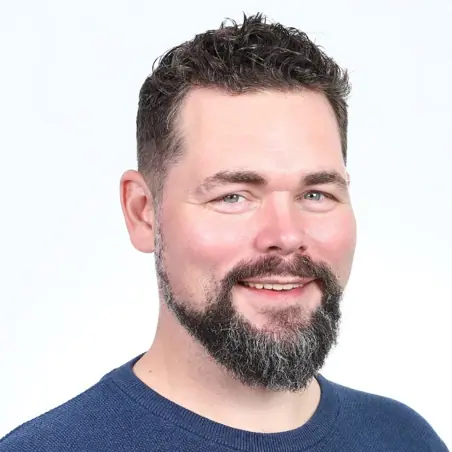
Magnulf Pilskog
CEO & Founder
"The Serial Problem-Solver"
Co-founded Miles and Ardoq, scaled Ardoq to a Quadrant leader. Lived through the data chaos of hypergrowth firsthand. He knows that this issue is too often solved internally by manual reporting and trying to build bespoke internal tools with a patchwork of integrations.
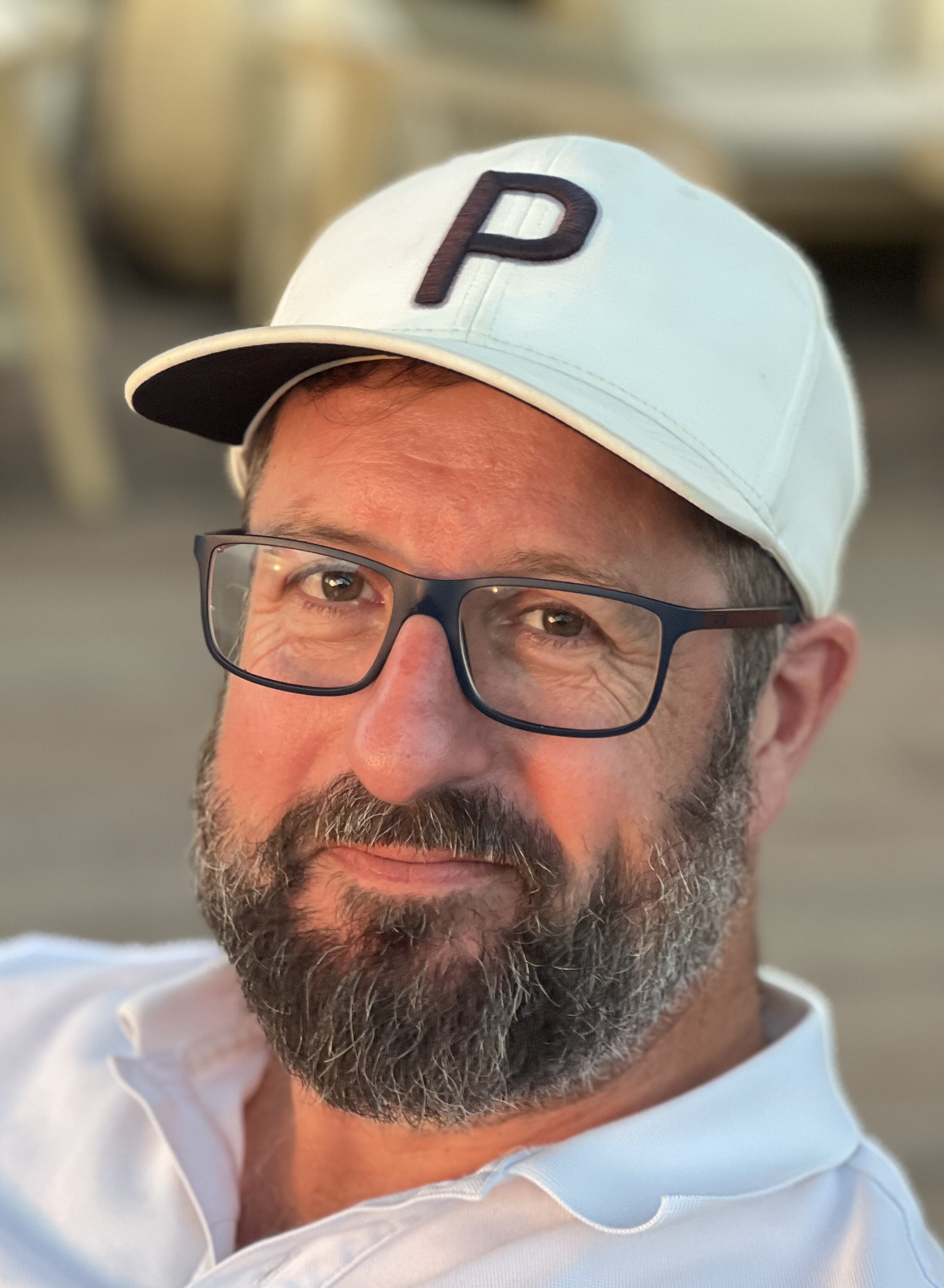
Lars-Erik Aas
CTO & Founder
"Think strategically. Build pragmatically."
Technology leader with a track record from Microsoft and Økokrim. Drives architecture, security, and data strategy while staying hands-on in code. Experienced in turning fragmented enterprise data into scalable products. Builds teams, defines technical direction, and ensures execution from idea to production.
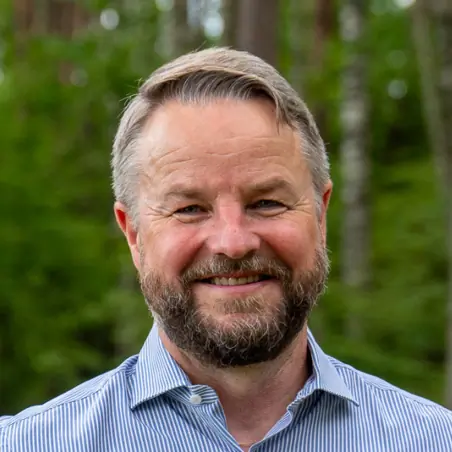
Gøran Skeie Ellingsen
COO & Founder
"The Operational Excellence Driver"
As Co-founder of Miles and CTO of Fjord Bank, Gøran has held key leadership roles in building secure, scalable systems and driving digital transformation. At Padeia, he combines technical rigor and cultural trust to turn data into clarity.
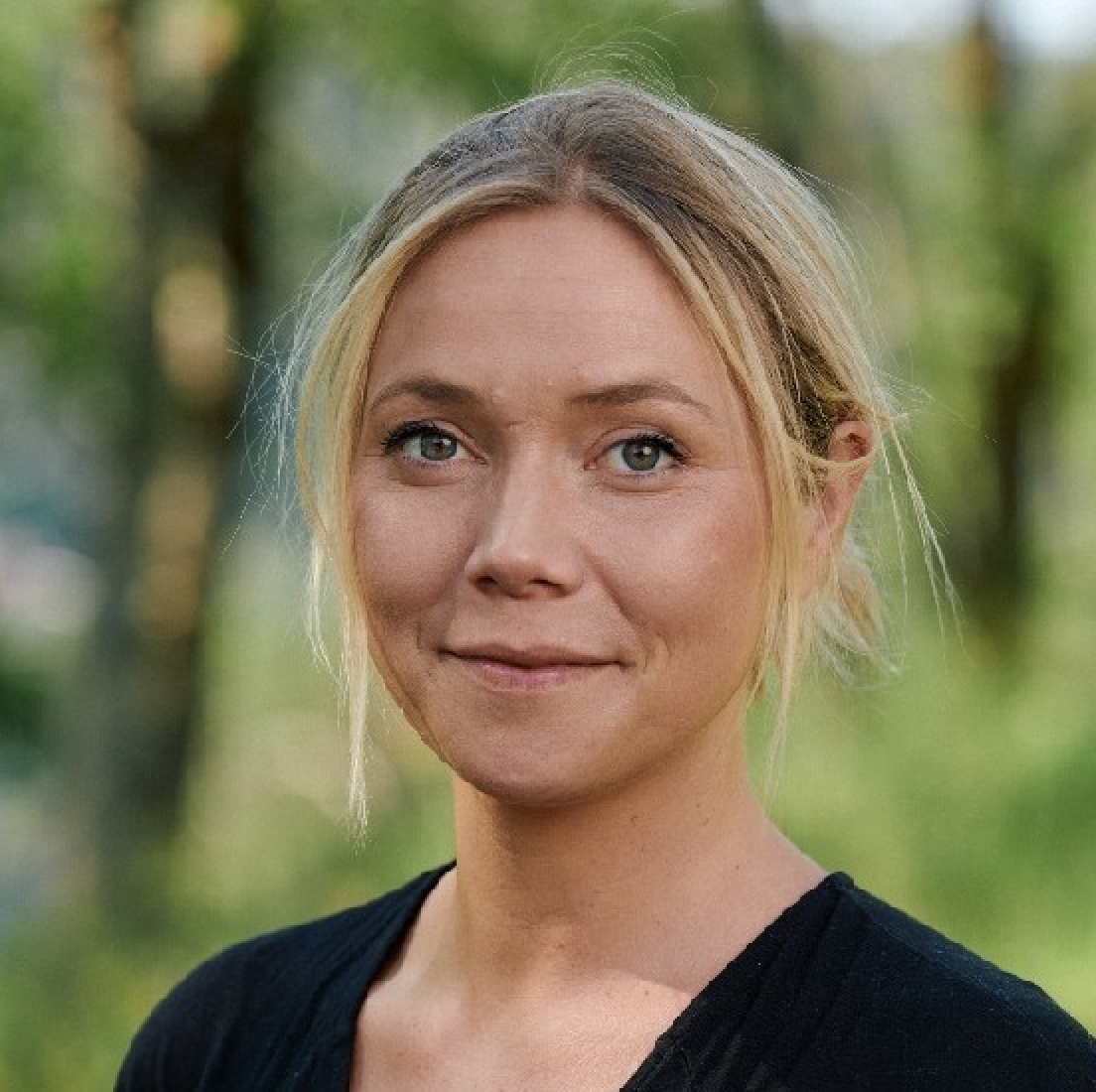
Karen Dolva
CPO & Co-Founder
"The Human-Centered Innovation Leader"
Co-founded and scaled No Isolation, as CEO the first 9 years - from idea to thousands of active robots. Knows the frustration of making strategic decisions and raising capital on incomplete data. Her mission at Padeia is to ensure the success of first time founders - providing them with the tool she knows they need.
Bank-level security.
Built in from day one.
Your financial data is your most sensitive asset. We've architected Padeia with enterprise-grade security and compliance, not as an afterthought, but as a foundation.
End-to-end encryption
All data encrypted in transit (TLS 1.2) and at rest (AES-256).
Data isolation
Network segmentation with complete customer data separation.
Regular penetration testing
Third-party security assessments with documented remediation.
ISMS
Well defined information security management system, that we follow.
Secure development lifecycle
Formal change management with testing and approval processes.
Data retention control
Request deletion of your data anytime - no questions asked.
Compliance & standards
Meeting the highest standards for security and data protection
GDPR
Compliant
SOC 2 Type 2
In progress
ISO 27001
In progress
Privacy by Design
Compliant
Questions about our security practices? Contact our security team
Get started now.
No complex implementation required. We have applied the business logic to get you up and running out of the box. Book a demo to get started.
Connect in minutes
OAuth-secured connections to your accounting, CRM, and other tools. No internal engineering required.
Our AI-pipeline cleans
Our AI validates data, unifies records across systems, and learns from your actions. You review and approve the outliers, we do the heavy lifting.
Get real-time insights instantly
Track your ARR, CAC, LTV, churn, Rule of 40 and 40+ SaaS metrics in real-time. Lean back and watch your excel KPI spreadsheet be replaced.
Most customers are up and running in under an hour. We come to you, or join you on video - and we'll set everything up. Our AI pipeline starts cleaning and unifying your data immediately. You'll see your first dashboards within the same day. We'll need your eyes and knowledge to help us catch any errors during the setup session.
Yes. If you're heading into fundraising and you just want to have all your numbers calculated, you can sign-up and sign-off again without having payed anything. We firmly belive that once you've seen the magic you'll want to stay.
If your system is on our roadmap, but not yet set up, we'll prioritize it. And if you're missing something please let us know. We also have an API that we'll soon open up.
All data is stored in secure, EU-based cloud infrastructure with bank-level security. We're SOC 2 Type II compliant (in progress) and GDPR compliant. You maintain full ownership of your data and can export or delete it anytime.
Absolutely. Your data is always accessible. You can export dashboards, reports, and raw data at any time. No lock-in, no restrictions.
Traditional BI tools require you to clean and prepare data yourself, then build dashboards from scratch. Padeia does the hard work for you: we automatically clean, unify, and structure your data using AI, then provide pre-built SaaS metrics dashboards. Think 'BI tool + data engineering team' in one platform.
With Padeia you'll get the power of a full finacial and revops team without having one. And if you do have one, they can focus on stregically leveraging the data, rather than finding and cleaning it. In adition you'll save whatever engineering time you would have invested in setting up and maintaining something custom.
We're built for SaaS companies (with a focus on B2B) between 2-200 employees who are serious about growth and data-driven decision making.
Stop fighting bad data.
Our data pipeline is there for you.
Book a demo. Let's take a look at your setup together. We'll show you how Padeia cleans, unifies, enriches and models your data, and how quickly it can replace the spreadsheets, scripts, and ad-hoc reports your team is maintaining today. If you like what you see, we can have you up and running in a day.